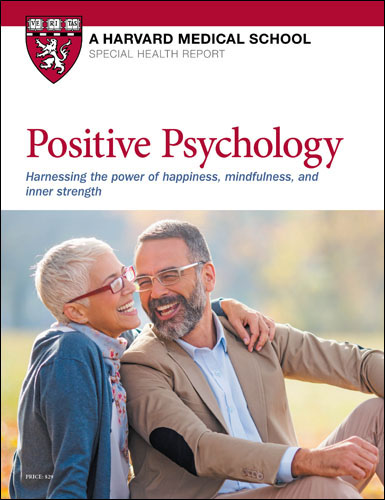Mind & Mood
Writing a thank-you note is more powerful than you think

Image: Janice Richard/Getty Images
In the journals
Writing thank-you notes is not just good manners. It can have a strong psychological effect for both the sender and receiver, suggests research published in the September 2018 issue of Psychological Science.
While most people consider showing an expression of gratitude a nice gesture, many people struggle to do it. To find out why, researchers from the University of Texas asked 334 people to write a letter of gratitude to someone who'd done something nice for them and then to guess the recipient's reaction in several categories.
For instance: Would they feel surprised and happy to receive the letter? Would reading the compliments make them feel awkward? Would the gesture affect their overall mood? The researchers then followed up with the recipients to find out their actual reactions.
Not surprisingly, the letter writers felt more positive afterward. However, they overestimated how awkward the recipients would feel receiving their letter and underestimated how positive it would make them feel. This may explain why more people don't engage in expressions of gratitude, according to the researchers. They suggest that understanding the gesture's impact may help people do it more often. So take the time to write and send a well-deserved thank you note. It will be good for both of you.
Disclaimer:
As a service to our readers, Harvard Health Publishing provides access to our library of archived content. Please note the date of last review or update on all articles.
No content on this site, regardless of date, should ever be used as a substitute for direct medical advice from your doctor or other qualified clinician.
















